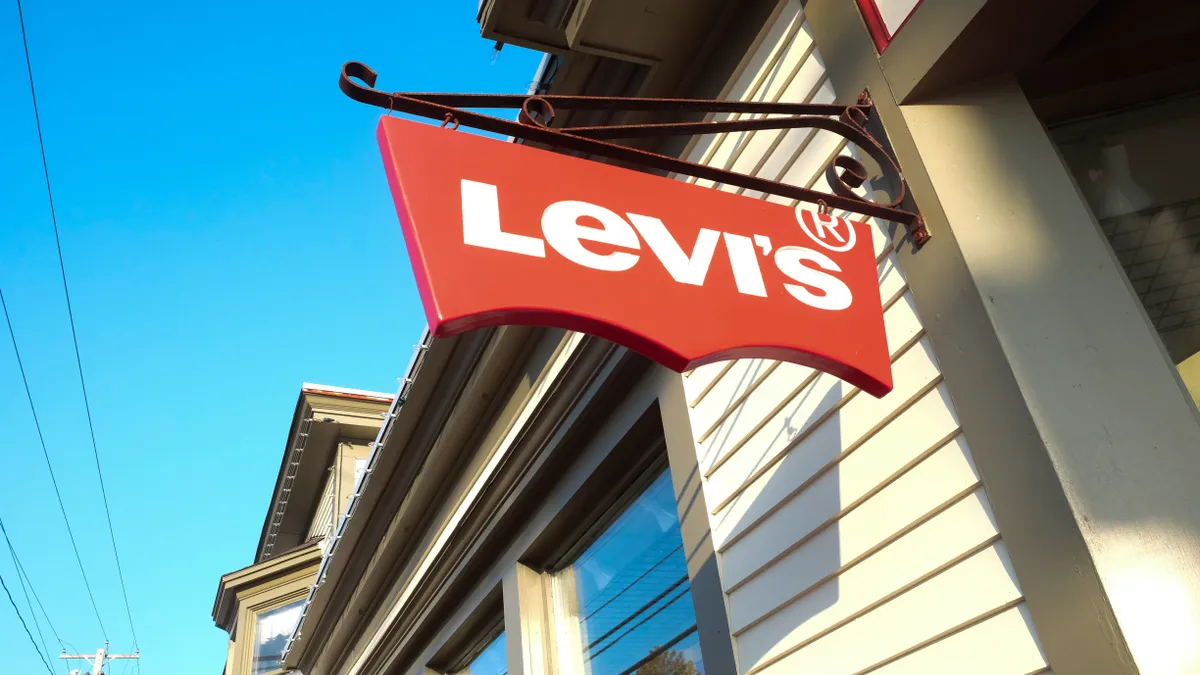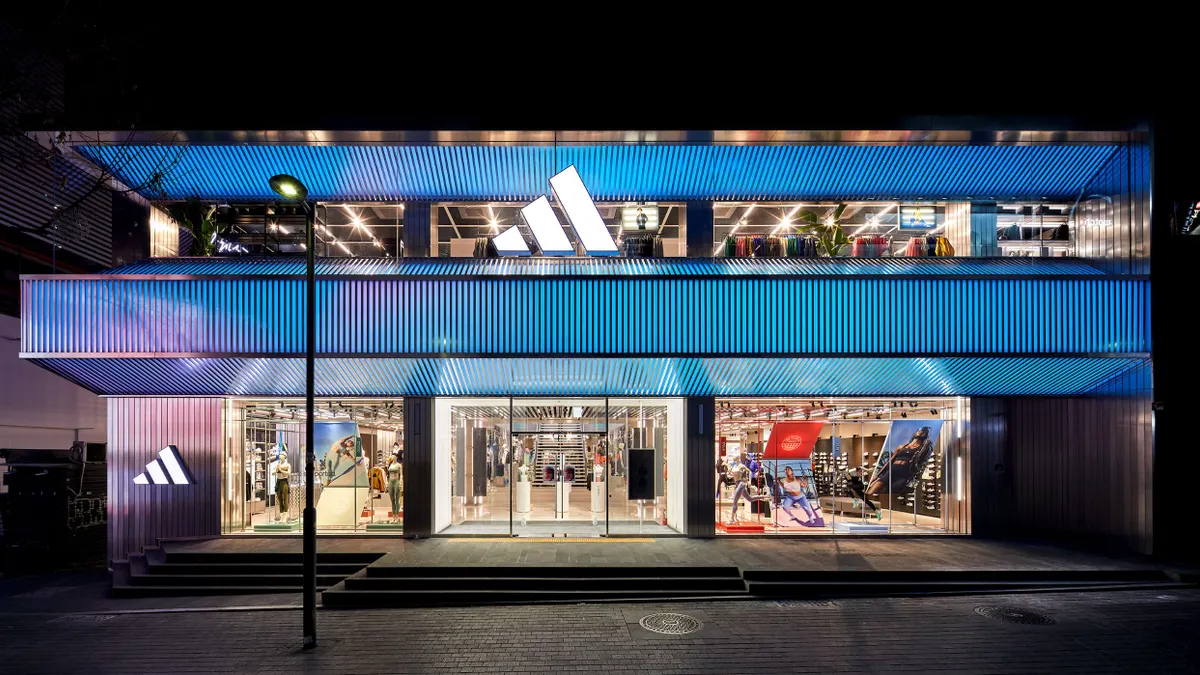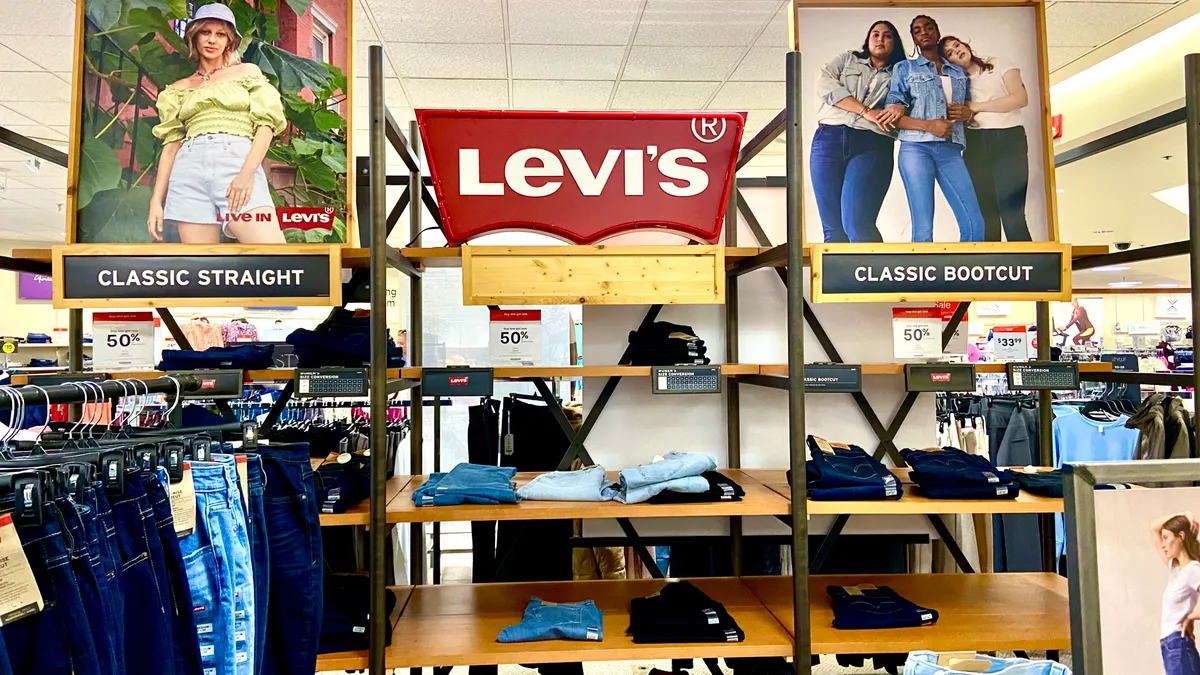A dozen or so web and mobile-forward companies are garnering attention and funding for the ways they’re helping people (mostly women) sell their used clothes and their children’s clothes for cash or trade.
Garment re-sale, of course, is nothing new; church jumbles, rummage sales, and second-hand stores have long been a way for people to treasure-hunt their way to vintage finds or valuable designer threads for a pittance. EBay took things from there, building an auction-style site online. Though it has since pivoted to more sales of new clothes and has tried to focus its sellers on fixed-price sales in an effort to keep sales going at a faster, cleaner clip, eBay remains the largest online player in used items of all sorts, including apparel.
But, when it comes to fashion re-sale, it's a surprisingly crowded market with a surprising attraction to money. Used-fashion marketplace ThredUp, for example, last month raised a whopping $81 million in a financing round led by Goldman Sachs, bringing its total to some $131 million.
Poshmark is also among the startups that has forged a more fashion-forward approach. The company, designed to be experienced on mobile, is among the second-hand clothing startups that has garnered significant investment; some observers believe it and just a few others could be a survivor when the inevitable shake-up in the space occurs.
We caught up with Poshmark CEO and co-founder Manish Chandra on the eve of the company's expansion into new merchandise—an opportunity for its sellers, certainly, but also for the site itself to differentiate itself from its many rivals.
Early skepticism
Like ThredUp, Poshmark found some initial resistance to its idea of bringing women together, linked by their phones and their love of fashion, to buy and sell each other’s clothes. But the Menlo Park, CA-based company, founded in 2011, has garnered some $40.5 million in funding and Wednesday announced it was expanding its operations to include wholesale opportunities for some of its more successful sellers to get in the business of selling new, unused apparel.
Poshmark is calling its expansion “a private wholesale portal” that will be a boon to brands as well as to its more ambitious sellers.
Chandra told Retail Dive that the expansion is possible because the site’s effort to streamline logistics and maintain control of buyer satisfaction has made it especially easy for women to sell their clothes, shoes, and bags, and for even more entrepreneurial women to make a good living from it. The site has struck a unique deal with the U.S. Postal Service, for example, to enable sellers to charge a set rate to mail a variety of parcel sizes and weights.
In addition to smoothing such logistics, Poshmark takes it upon itself to be the arbiter of any dispute: A buyer sends photos and details of a complaint to Poshmark, not the seller. Poshmark reviews the dispute and decides the outcome, sometimes calling it a draw and refunding the buyer out of its own pocket.
“On Poshmark any woman could be a seller,” Chandra says. “It’s so simple to sell because we provide all the payment processing, with secure payments, the dispute management, and a lot of the delivery. The joy of selling is there because it’s actually kind of fun, the seller and buyer interact in a very lively environment.”
Social media, social activity
That “very lively environment” is a mobile-based, social-media-like ecosystem designed to foster interactions beyond merely buying and selling. (Poshmark is online as well but is optimized for mobile; Chandra says that the idea was able to really take off with the advent of the iPhone 4 and its superior photo-taking capabilities).
Buyers and sellers put together their profiles, listing their favorite brands, and can tick a heart symbol on items they like, Instagram-style, even if they don’t necessarily buy them. Anyone on the site can follow each other, and the site holds virtual “parties,” akin to flash sales, with limited-time curation around brands or types of goods (“Best in shoes and boots,” “Work week chic”). Those include favorite picks by editors and curators and, unlike flash sales, can be viewed and even shopped well ahead of or even after the “party.”
Chandra seems genuinely taken with the enthusiasm for fashion that drives commerce on his site. When he was contemplating the “Poshmark” name he wanted something beyond “style” or “fashion” and says the flair of the word “posh” fit the bill.
“These parties have become a huge point of growth for Poshmark, each brings a new set of buyers,” says Chandra. “Building a community-based platform is hard because it’s hard to keep everything relevant. Each of these pieces by itself doesn’t work. Fortunately we have the pot to put these pieces together. At the end, people really see the whole is really bigger than the sum of its parts. It looks easy to the consumer, and it looks easy to the buyer.”
New merchandise, new opportunity
Expanding to what Chandra calls “retail” or selling new merchandise from brands has been part of the plan for a while, he says. It’s a natural step for a buyer that is already running a brick-and-mortar boutique or has found that the resale business via Poshmark is a lucrative one.
Sellers with a certain volume and a buyer satisfaction of 4.5 out of 5 (or higher), among other qualifications, will get an “online retailer certification” from Poshmark, which will make them privy to brand inventory and photos and answerable to pricing confidentiality and other agreements. To give sellers and help them defray their own costs of expansion, the company is awarding $500 grants to 50 of its qualified sellers.
But the move is also a way for Poshmark to break out of what is now quite a pack of re-sale startups. The space has become as crowded as an overflowing closet, with venture capital firms the past five years sending some $400 million to ThredUp and Poshmark, as well as to Tradesy, the RealReal, Vestiaire Collective, Vinted, Threadflip, Rebagg, Vaunte, Snobswap, Refashioner, and Material Wrld, with eBay gobbling up similar startup Twice.
"It's a category that's very much winner-take-all," ThredUp co-founder James Reinhart told Bloomberg. "VCs know that if they pick the winner, it'll have a long-term sustainable advantage."






















